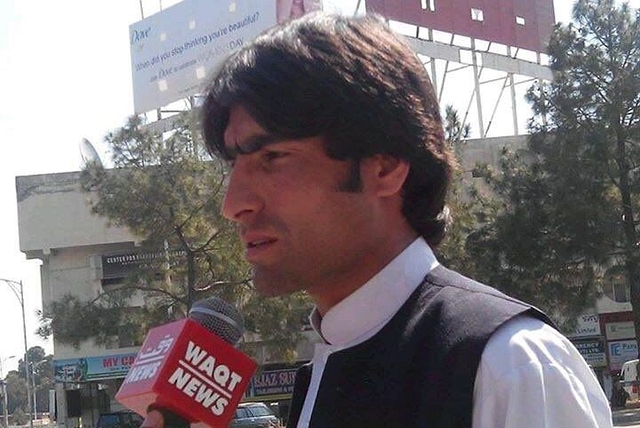
Case of Multiple Pakistani Girls Killed On Cleric’s Orders For Singing, Clapping In Wedding Function: Whistleblower Shot Dead
Afzal Kohistani, the man who exposed the brutal honour killings in 2012 in the deeply conservative mountainous area of Kohistan, was gunned down in Abbottabad in Pakistan on Wednesday (6 March), Pakistan police officials said, reports The Hindu.
Koshistani died on the spot after he was shot five times on a busy road, senior police official Aziz Afridi was quoted as saying. The murder is suspected to be connected to him pursuing the infamous case where a local cleric ordered the deaths of male and female wedding guests shown clapping and dancing in a wedding video shot in Kohistan.
The wedding video reportedly emerged in 2012, showing women clapping as two men danced during a wedding function. A local cleric sentenced several women and men to death over the video.
As per the report, Kohistani took the rare step of pushing the case before the media and the justice system. The Supreme Court launched a commission to investigate — but in June 2012 was told the women had never been murdered.
A Washington Post journalist who met Kohistani said that he told her multiple times that he feared for his life after bringing the matter to light. According to him, the five girls shown singing and clapping in the video were murdered. Along with them, the young men seen dancing in video were also hunted down and killed.
Reportedly, on the orders of the cleric their own relatives burnt them with hot coals and buried their corpses in the mountains. When police came to investigate, different girls were produced pretending to be those who had been murdered. When one such girl was taken for finger-printing for identification, it was found that her finger-prints were burnt in a kitchen fire, noted a judge’s report.
Kohistani is believed to have been related to some of the men in the video. His entire family was banished from the deeply conservative mountainous area of Kohistan as a result.
Music and Islam
Several Islamic scholars have ruled singing and dancing to be ‘haraam’ in Islam citing textual evidence. In 2017, a young reality singing star Nahid Afrin from Assam was instructed by clerics to not perform in public. Reportedly, as many as 42 clerics had issued a fatwa against her.
In 2013, Kashmir’s first all-girl rock band ‘Pragaash’ (‘first light’) was forced to disband after Mufti-i-Azam Bashiruddin Ahmad of the Supreme Court of Islamic Shariat issued a fatwa against music, which was almost immediately endorsed by the Muftis of Darul Uloom Deoband and All India Jamat-e Raza Mustafa (representing the Barelvi Sunni Muslim sect).
An online hate campaign was also started against the girls. A girl identified as one of the band members told CNN-IBN that it was the cleric’s edict that led to end to their music. She said that she respected the Islamic preacher’s decision as he was “more aware of our religion”.
While the most shocking sabotage of cultural wealth by Taliban was blowing up of Bamiyan Buddha in Afghanistan, the group also banned singing, musical instruments, along with all visual representation of living creatures, which meant the end of TV, video and cinema, and largely painting and photography.